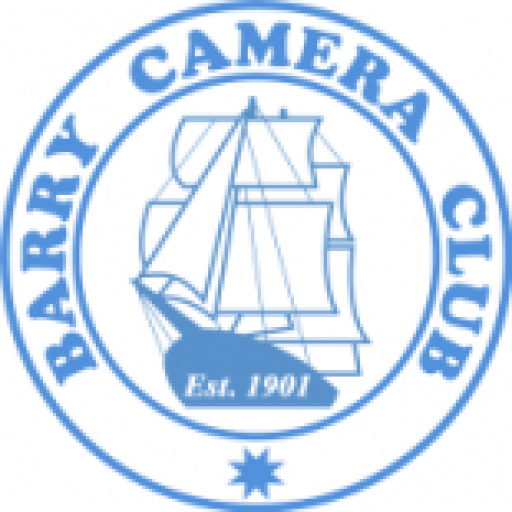Adopted at the May 2023 AGM.
Introduction
Barry Camera Club welcomes people of all ages and wishes to ensure that all members and visitors are safe and protected from harm, in particular children.
We will refer any child protection issues to the appropriate agencies.
We also wish to protect its members and visitors from unfair allegations: the guidelines in this policy will ensure that there is no doubt over obligations and standards.
Legal background
The Police Act 1997, the Protection of Children Act 1999 and the Criminal Justice and Court Services Act 2000 provide an integrated system of child protection. Essentially, the legislation provides that individuals may be disqualified from working with children by inclusion on one or more of a number of official lists. It is a criminal offence for to knowingly recruit a disqualified individual into a post working with children, even in voluntary work.
The National Information Service (NIS) equates to the Criminal Records Bureau (CRB) and both act as a “one-stop shop” for employers to check whether a prospective employee is a disqualified person. Only standard checks are available from the NIS. Enhanced checks are available from the CRB.
Policy Statement
As a responsible club we believe that:
- The welfare of the child or young person is vitally important;
- All children have the right to protection from abuse;
- All suspicions and allegations of abuse should be properly investigated and dealt with swiftly and appropriately;
- All members and visitors should be clear on appropriate behaviour and responses. Failure to maintain appropriate standards may be dealt with using the disciplinary procedure.
We will therefore ensure that:
- All members are aware of the Child Protection Policy and Procedures;
- Any interested parties are given information on our procedures regarding the safety of children; and
- Our complaints procedure is accessible to all.
Responsibilities
All members have a responsibility to maintain appropriate standards of behaviour and to report lapses in these standards by others.
Any allegations of inappropriate behaviour should also be reported to the Secretary or Chair who will initiate the complaints procedure.
Complaints Procedure
All concerns, allegations, reports or reasonable suspicions of malpractice or abuse relating to the welfare of children, vulnerable adults or fellow members, should be reported, recorded and responded to swiftly and appropriately in accordance with the Club’s policy and procedures as stated below. The Chair Person, Secretary or appointed Committee Member shall be the lead Officer for the complainant in the event of any safeguarding concerns.
Any complaints of misconduct, improper or unprofessional conduct regarding the behaviour of Members or Officers shall be dealt with by the Club in accordance with this discipline and appeals process and must be presented in writing to the Secretary and where the matter relates to the Secretary, the complaint must be submitted to the Chair.
A team of three committee members Including chair and secretary where appropriate, will hear the complaints within fourteen days of receiving the complaint. If the complaint is sufficiently evidenced, the Secretary will appoint 3 (three) Club Members, who have no direct or indirect interest/involvement in the matter, to sit on a disciplinary panel. Subject to the conditions outlined below, a decision of the disciplinary panel shall be final and conclusive.
Under circumstances where children or young adults are affected the case may be tested using a statutory child protection agency, such as Social Services, NSPCC or Child Help-Line to test out doubts, uncertainty or concerns regarding the complaint. The committee will follow their advice. Any appeal must be received by the Secretary within 7 (seven) days of receiving the initial decision and if considered appropriate, the appeal will be reconsidered by the committee at an appeal hearing. The outcome of this appeal hearing will be final.
The role of the Chair will be to:
- Assess information promptly and carefully, clarifying or obtaining more information about the matter as appropriate;
- Consult initially with a statutory child protection agency, such as the local social services department or Local Health Group, or the NSPCC helpline to test out any doubts or uncertainty about the concerns;
- and where necessary make a formal referral to a statutory child protection agency or the police.
Training
The committee are responsible for ensuring all members are aware of this policy.
